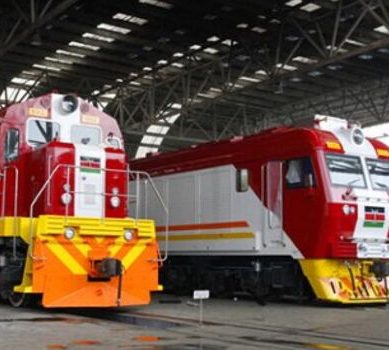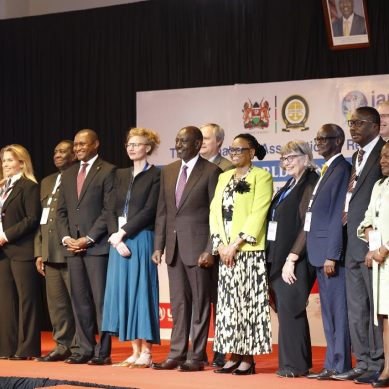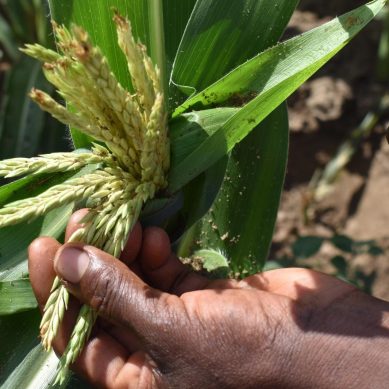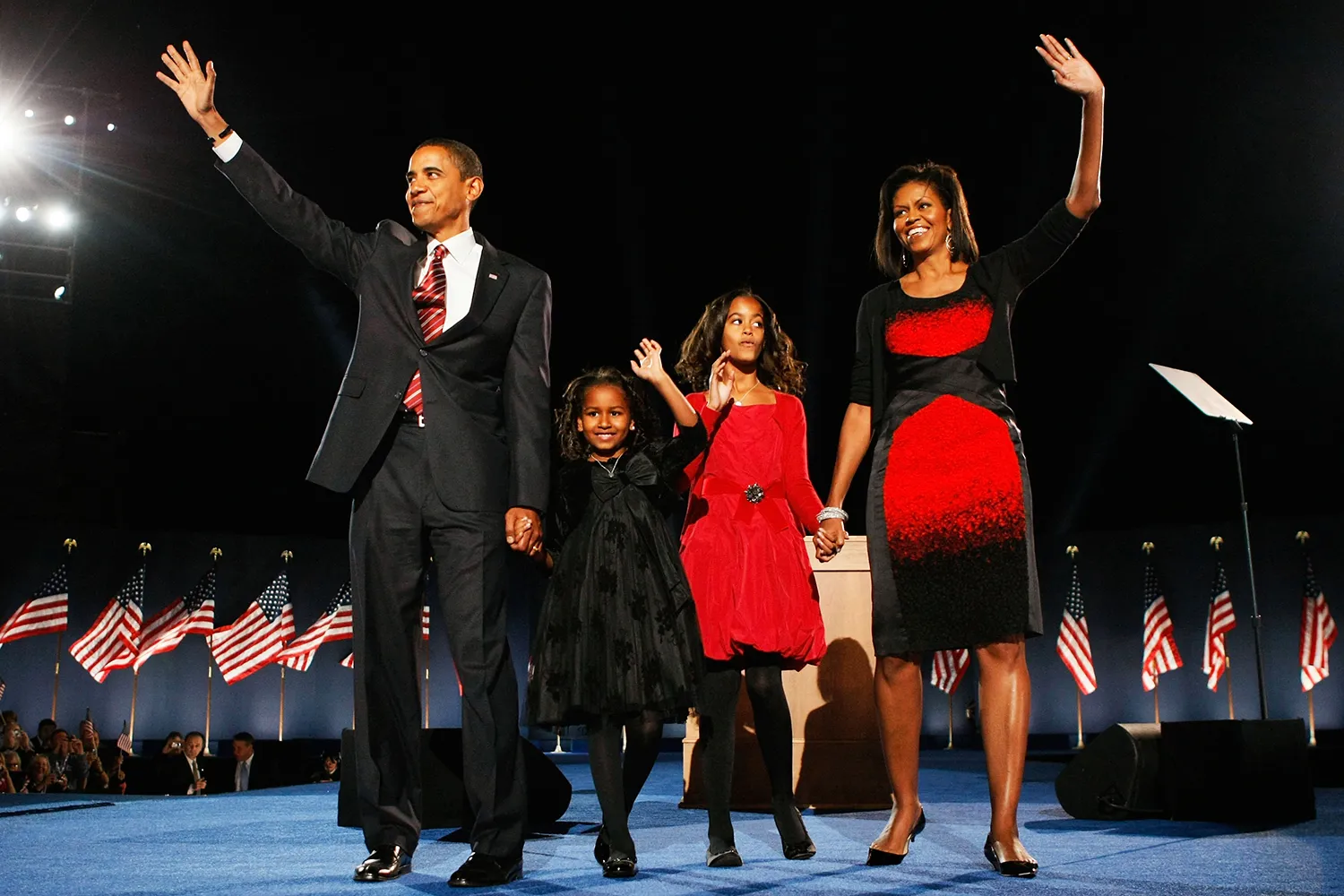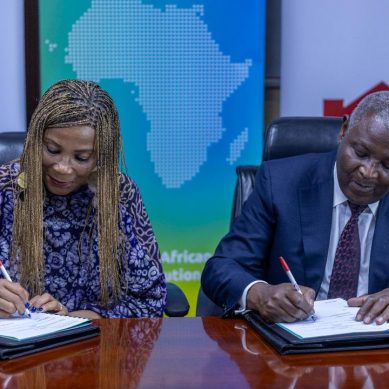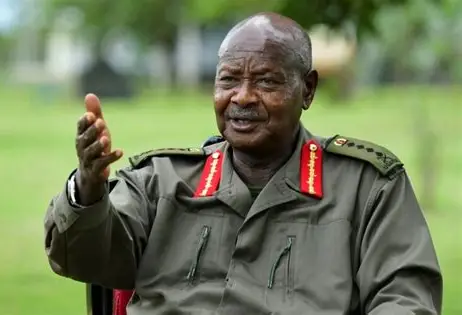
Uganda elections are and have always been riling National Resistance Movement (NRM) and President Tibuhaburwa Yoweri Museveni-focused and conditioned since 1986 solely for power retention as long as possible and well in the future.
This is not surprising. The so-called independent Electoral Commission is routinely composed of NRM cadres solely appointed by President Tibuhaburwa Museveni. When the president suspects the commission has not done what he expects of it (power retention by him and his NRM), he disbands it at will and hires new members and the commission spokesperson as well.
At every election or even just before them, claims and lots of propaganda are advanced to disparage challengers to power. Or police and military operations are multiplied, which may include recruitment of new personnel to ensure every civic space in the country is under government control and occupation, thereby turning elections into a fuss.
It is clear to any critical observer that the electoral process in Uganda is fully captured by the Mafioso – people who do not tick by the rules or who have the slightest interest in the law and will twist the law to serve their interests. Many are increasingly NRM politicians and/or cadres in all arms of government, including the executive, legislature and judiciary.
They can love each other as much as they can hate each other but are all agreed in having a man-figure to ensure that their collective interests are not constrained by the rising awareness of the citizenry regarding its losses to the mafia. At the moment the man-figure is no doubt President Tibuhaburwa Museveni, who by virtue of love of power allows the Mafia to do anything they want without constraint, including kidnapping Ugandans.
The mafia is excessively monetised. For the Mafioso when everything else fails they resort to using money to buy the consciences of those perceived to be road-blocked to their pursuits of power, wealth, glory and influence.
The Mafioso easily hatch stories to ensure they are in total control of the political, social and economic processes during the electoral process. Popular stories could be that:
- Rebels have invaded the country
- Some NGOs are working to overthrow the NRM government
- Some opposition leaders are plotting to overthrow the NRM government
- Foreign money is coming into the country for use in destabilizing the country.
What is becoming increasingly evident is that Ugandans are waking up to their imposed reality: conquest, occupation and domination by a small group of people with exogenous roots, but endowed with power, money and ill-gotten wealth, and who are now determined to capture every civic space and natural wealth of Ugandans for their own aggrandisement.
There are voices everywhere for a new revolution and new liberation to put Uganda and Ugandans first, recover our independence, nationalities, citizenship, sovereignty and future and the capacity to determine our own destiny. There is a new realisation that no foreigner helps you more than he or she helps himself or herself, and that putting too much faith in foreigners is detrimental to the prosperity and survival of the natural (not constitutional) indigenous communities of Uganda.
The endearing question is: Can Ugandans win back their independence, nationalities, citizenship, sovereignty and future through elections organized by NRM dominated by former refugees?
For God and my country.
- A Tell report / By Oweyegha-Afunaduula / Environmental Historian and Conservationist Centre for Critical Thinking and Alternative Analysis (CCTAA), Seeta, Mukono, Uganda.
About the Centre for Critical Thinking and Alternative Analysis (CCTAA)
The CCTAA was innovated by Hyuha Mukwanason, Oweyegha-Afunaduula and Mahir Balunywa in 2019 to the rising decline in the capacity of graduates in Uganda and beyond to engage in critical thinking and reason coherently besides excellence in academics and academic production. The three scholars were convinced that after academic achievement the world outside the ivory tower needed graduates that can think critically and reason coherently towards making society and the environment better for human gratification. They reasoned between themselves and reached the conclusion that disciplinary education did not only narrow the thinking and reasoning of those exposed to it but restricted the opportunity to excel in critical thinking and reasoning, which are the ultimate aim of education. They were dismayed by the truism that the products of disciplinary education find it difficult to tick outside the boundaries of their disciplines; that when they provide solutions to problems that do not recognise the artificial boundaries between knowledges, their solutions become the new problems. They decided that the answer was a new and different medium of learning and innovating, which they characterised as The Centre for Critical Thinking and Alternative Analysis (CCTAA).
